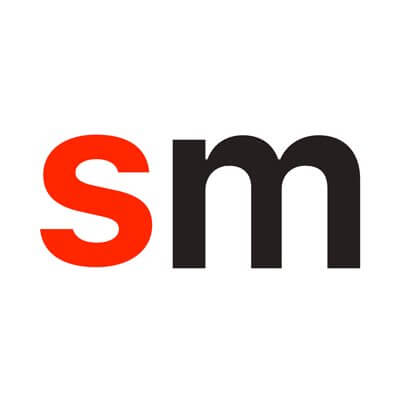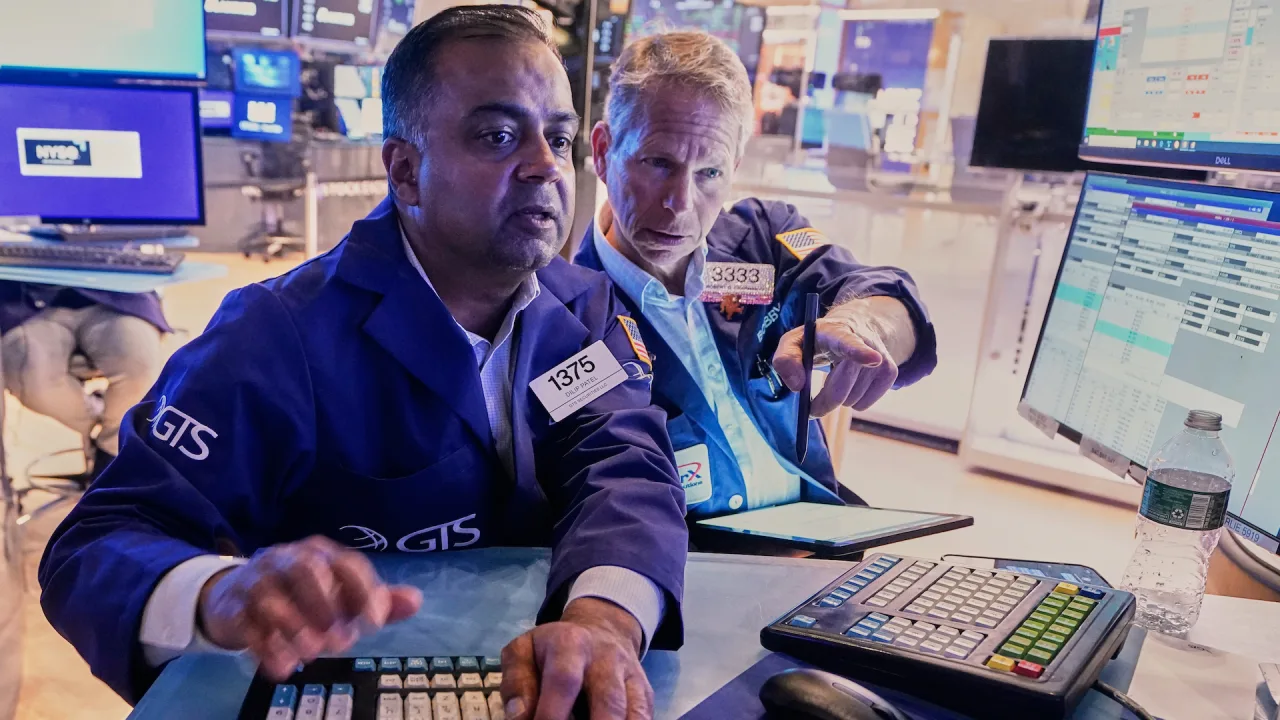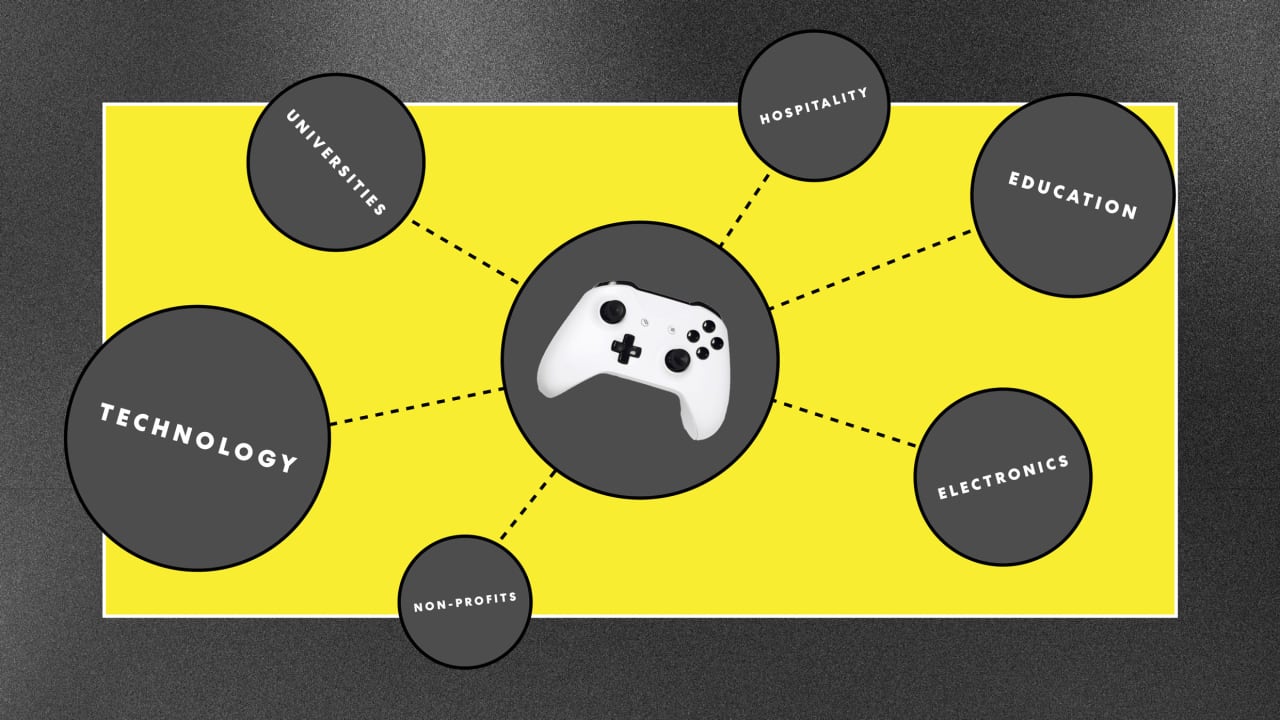Salesforce is using AI for up to 50% of its workload and its AI product is 93% accurate, says CEO Marc Benioff
Salesforce CEO and founder Marc Benioff said the company now relies on artificial intelligence for 30% to 50% of its entire workload. The software giant, like many other tech companies in Silicon Valley, including Microsoft and Google, is going all in on the AI boom. “All of us have to get our head around this idea that AI could do things, that before, we were doing, and we can move on to do higher value work,” Benioff told Bloomberg, including positions like software engineering and customer service. “It’s these agents, these digital laborers, digital employees who are out there doing this work servicing the customers, selling to the customer, marketing to the customer, partnering with me to do the analytics, do the marketing, the branding.” Benioff said he even writes his yearly business plan with an AI partner, along with a “human” Salesforce executive, adding the company was on track to have one billion of these “agents” before the end of the year. (65% of companies are now experimenting with AI agents, according to an April KPMG survey.) Benioff also estimated that Salesforce has reached 93% accuracy with the AI product it’s selling to customers, including Walt Disney Co., which was developed to carry out tasks such as customer service without human supervision. Benioff added that it’s not “realistic” to reach 100% accuracy, and that other companies are at “much lower levels because they don’t have as much data and metadata.” The software giant was ranked the No. 1 customer relationship management (CRM) software provider in 2025 for the 12th consecutive year; its clients include Apple, Boeing, Amazon, Walmart and McDonald’s, just to name a few. According to Bloomberg, AI is ushering in a new era of “the tiny team.” Gone are the days when Silicon Valley companies rapidly hire as they scale; now tech companies are in a race to the bottom, competing to see who can manage the lowest headcount in an effort to cut costs, and increase efficiencies. The AI boom comes at a time when many tech companies are slashing jobs, in part to keep up with inflation and increased economic uncertainty, spurred on by the Trump administration’s tariffs, and conflict with Iran. Salesforce by the numbers Salesforce Inc. (NYSE:CRM) was trading up less than 1% on Thursday at the time of this writing in midday trading. In the company’s latest round of earnings for the first quarter, which ended April 30, the company reported revenue of $9.8 billion, up nearly 8% year-over-year, beating analyst expectations, and raised guidance “by $400 million to $41.3 billion at the high end of the range.” Earnings per share (EPS) came in at $2.58, topping estimates of $2.55 by $.03. Benioff said Salesforce has “built a deeply unified enterprise AI platform—with agents, data, apps, and a metadata platform… with Agentforce, Data Cloud, our Customer 360 apps, Tableau, and Slack all built on one trusted, unified foundation, [so] companies of every size can build a digital labor force—boosting productivity, reducing costs, and accelerating growth.” The company had a market capitalization of $257 billion at the time of this writing. Its next earnings report is scheduled for late August.
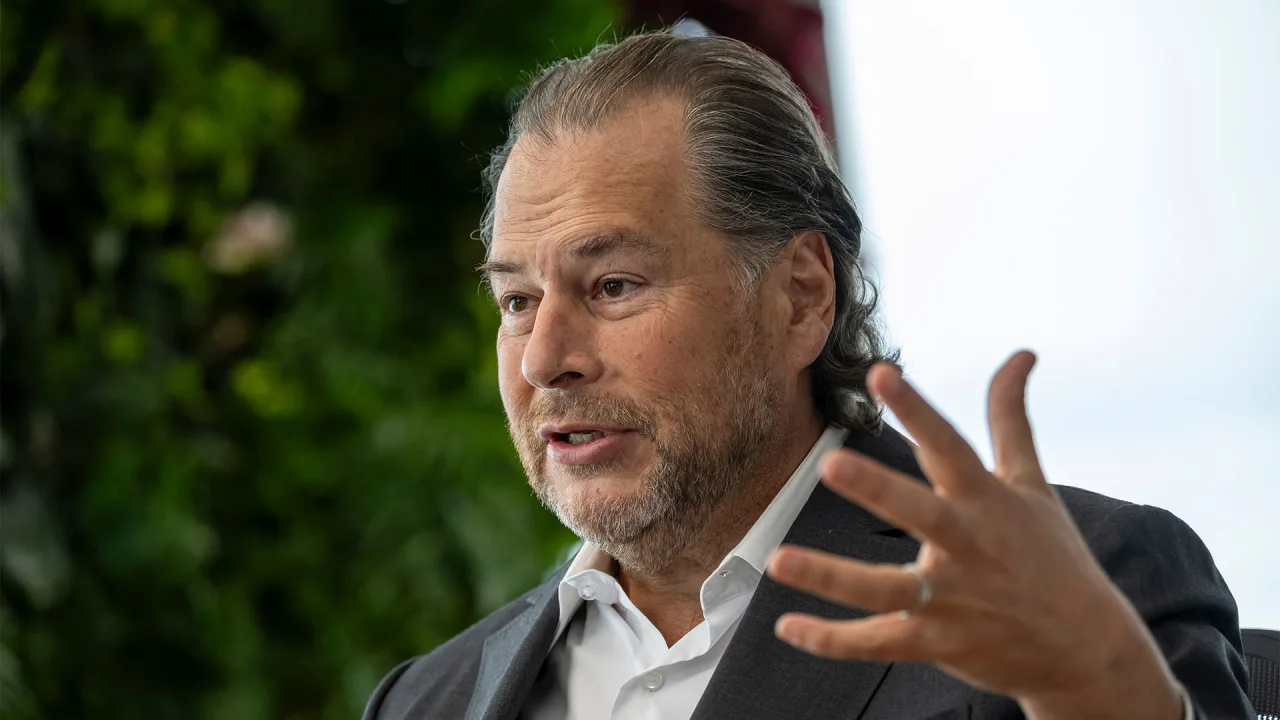
Salesforce CEO and founder Marc Benioff said the company now relies on artificial intelligence for 30% to 50% of its entire workload.
The software giant, like many other tech companies in Silicon Valley, including Microsoft and Google, is going all in on the AI boom.
“All of us have to get our head around this idea that AI could do things, that before, we were doing, and we can move on to do higher value work,” Benioff told Bloomberg, including positions like software engineering and customer service. “It’s these agents, these digital laborers, digital employees who are out there doing this work servicing the customers, selling to the customer, marketing to the customer, partnering with me to do the analytics, do the marketing, the branding.”
Benioff said he even writes his yearly business plan with an AI partner, along with a “human” Salesforce executive, adding the company was on track to have one billion of these “agents” before the end of the year. (65% of companies are now experimenting with AI agents, according to an April KPMG survey.)
Benioff also estimated that Salesforce has reached 93% accuracy with the AI product it’s selling to customers, including Walt Disney Co., which was developed to carry out tasks such as customer service without human supervision. Benioff added that it’s not “realistic” to reach 100% accuracy, and that other companies are at “much lower levels because they don’t have as much data and metadata.”
The software giant was ranked the No. 1 customer relationship management (CRM) software provider in 2025 for the 12th consecutive year; its clients include Apple, Boeing, Amazon, Walmart and McDonald’s, just to name a few.
According to Bloomberg, AI is ushering in a new era of “the tiny team.” Gone are the days when Silicon Valley companies rapidly hire as they scale; now tech companies are in a race to the bottom, competing to see who can manage the lowest headcount in an effort to cut costs, and increase efficiencies.
The AI boom comes at a time when many tech companies are slashing jobs, in part to keep up with inflation and increased economic uncertainty, spurred on by the Trump administration’s tariffs, and conflict with Iran.
Salesforce by the numbers
Salesforce Inc. (NYSE:CRM) was trading up less than 1% on Thursday at the time of this writing in midday trading.
In the company’s latest round of earnings for the first quarter, which ended April 30, the company reported revenue of $9.8 billion, up nearly 8% year-over-year, beating analyst expectations, and raised guidance “by $400 million to $41.3 billion at the high end of the range.” Earnings per share (EPS) came in at $2.58, topping estimates of $2.55 by $.03.
Benioff said Salesforce has “built a deeply unified enterprise AI platform—with agents, data, apps, and a metadata platform… with Agentforce, Data Cloud, our Customer 360 apps, Tableau, and Slack all built on one trusted, unified foundation, [so] companies of every size can build a digital labor force—boosting productivity, reducing costs, and accelerating growth.”
The company had a market capitalization of $257 billion at the time of this writing. Its next earnings report is scheduled for late August.




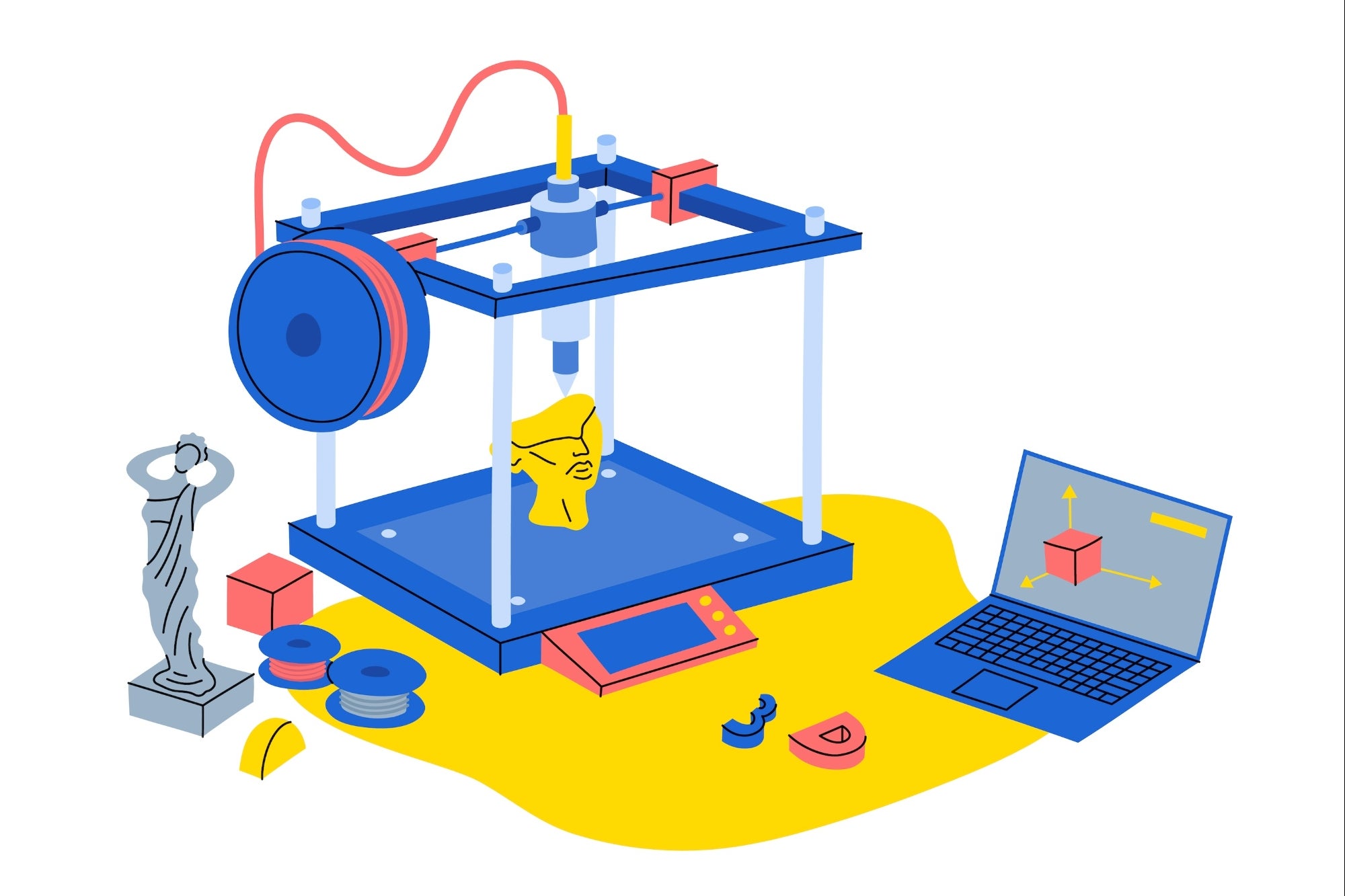






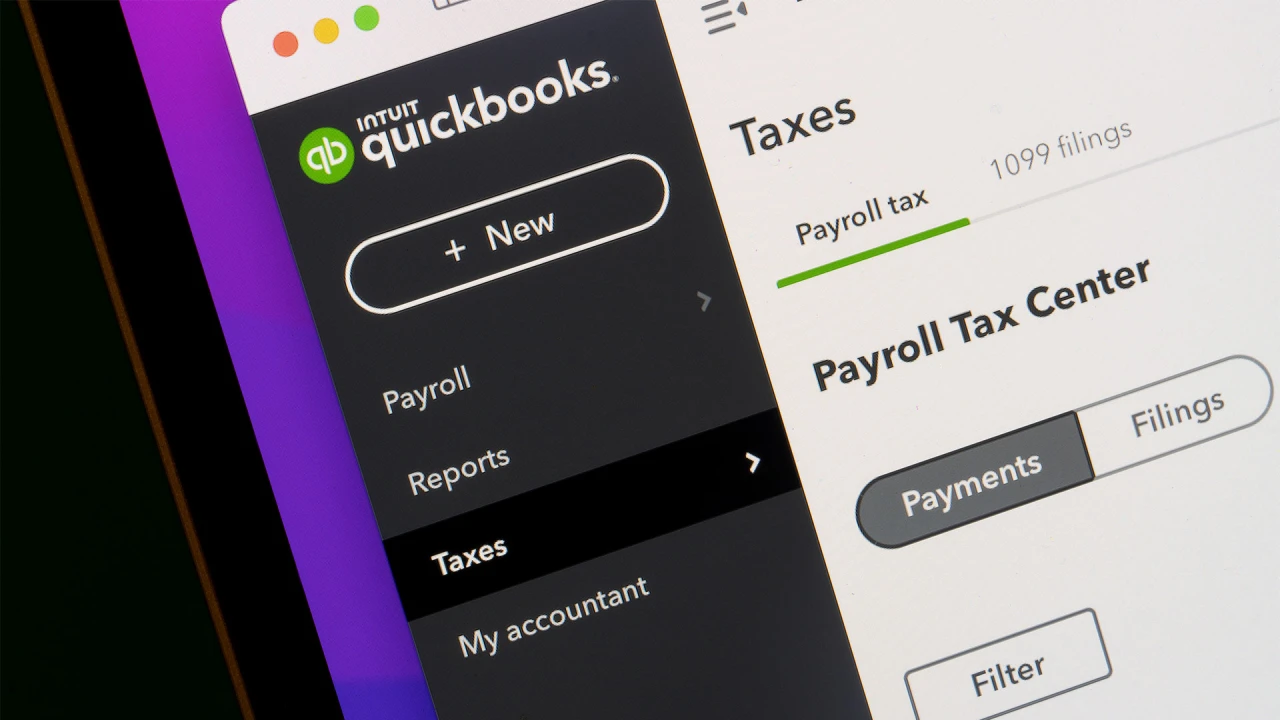


























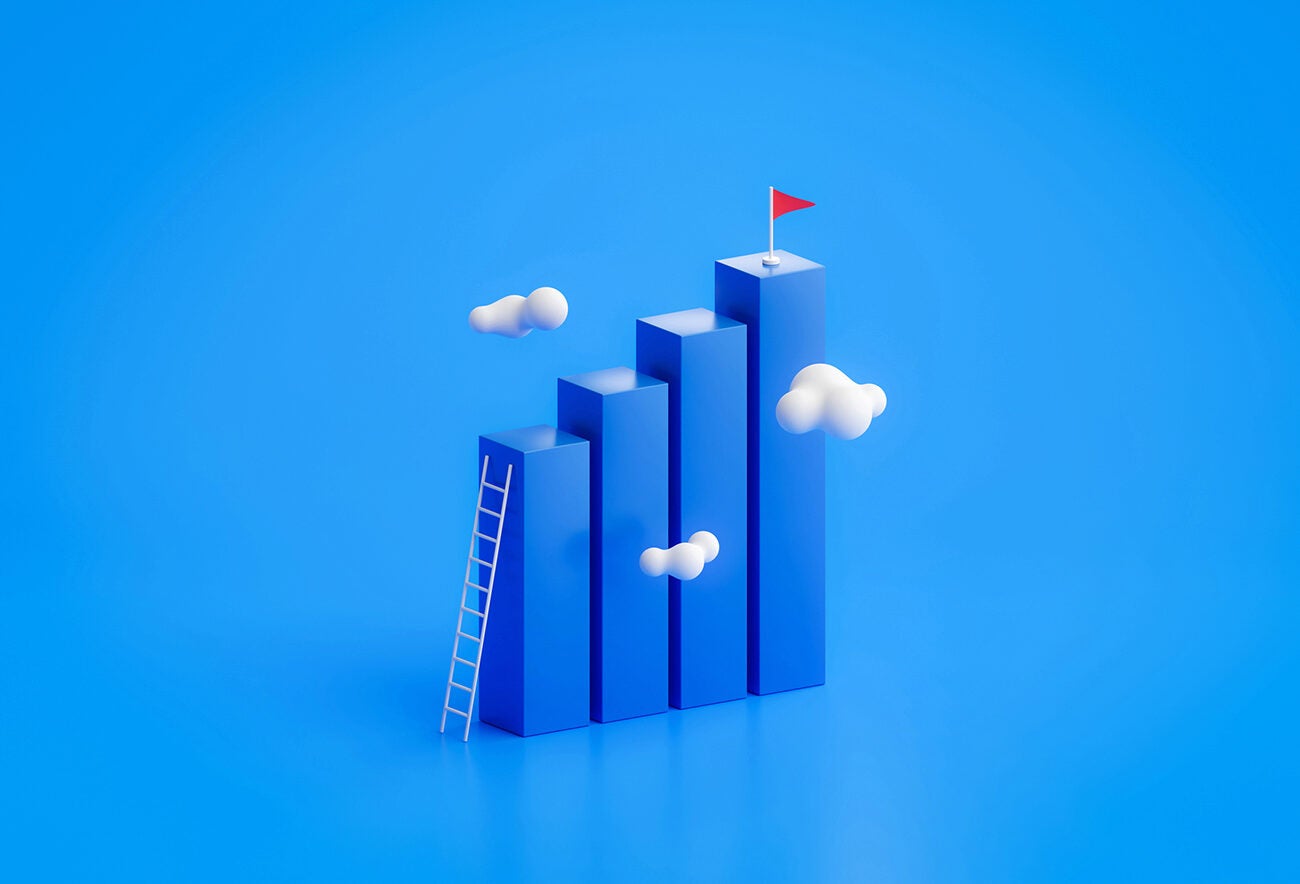









































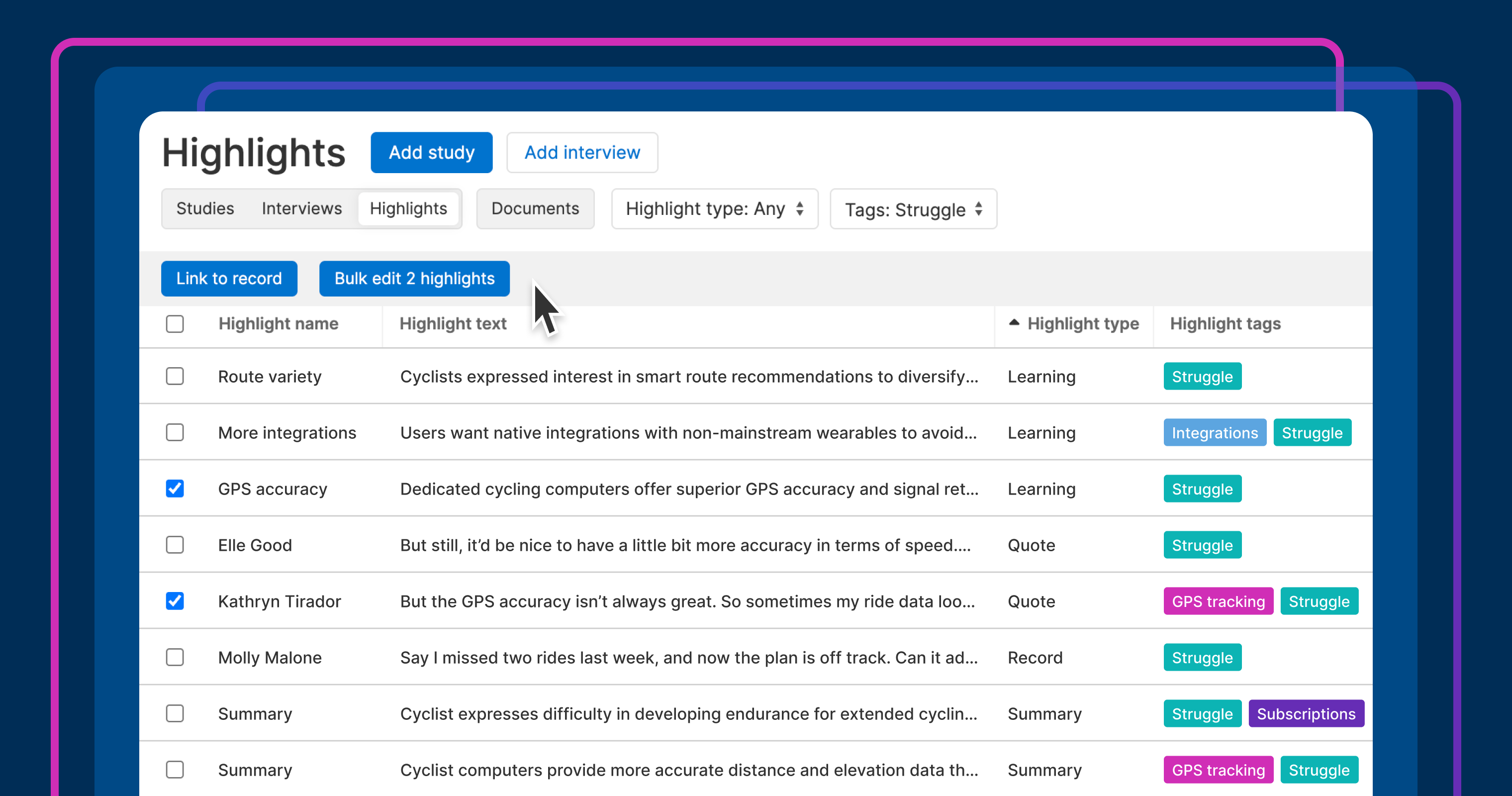







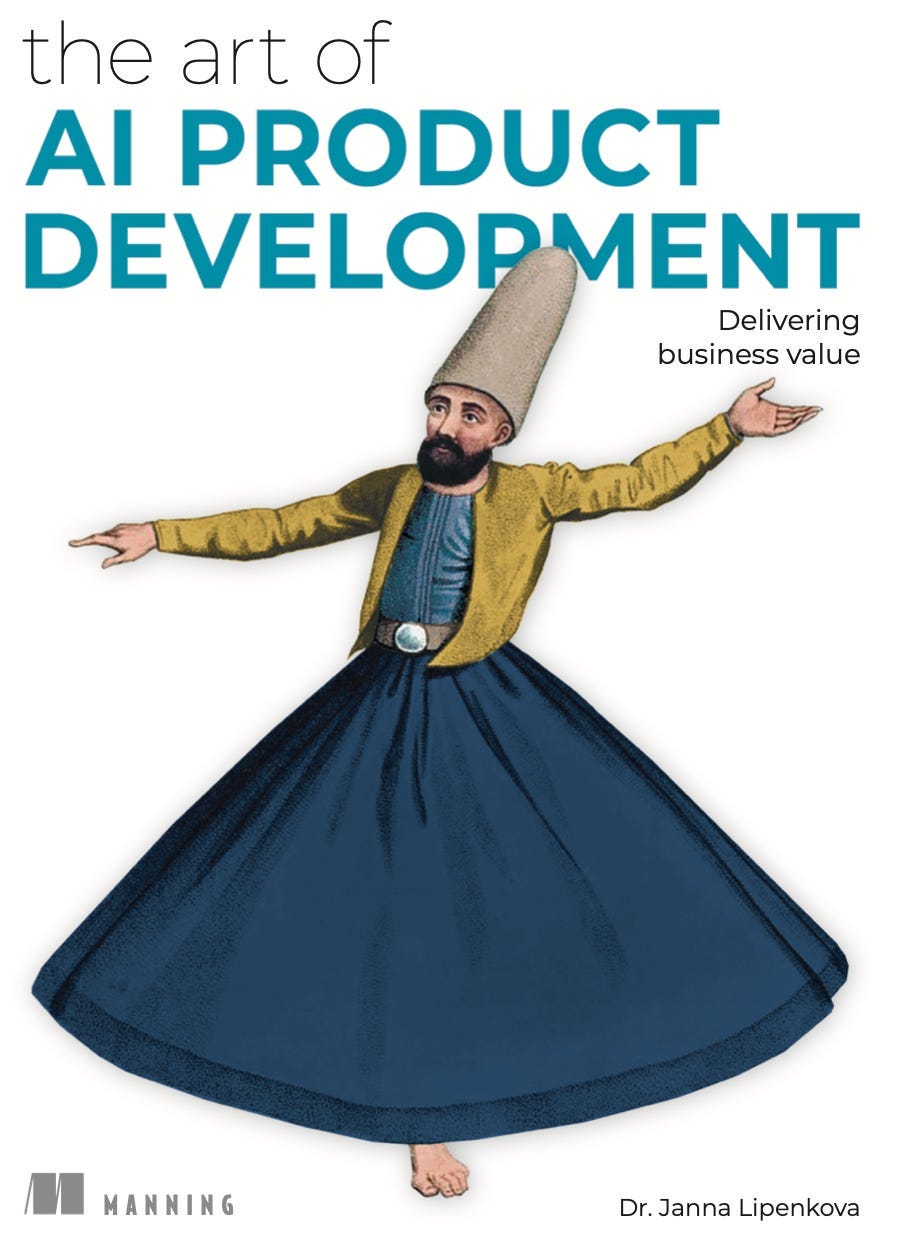

















![Building A Digital PR Strategy: 10 Essential Steps for Beginners [With Examples]](https://buzzsumo.com/wp-content/uploads/2023/09/Building-A-Digital-PR-Strategy-10-Essential-Steps-for-Beginners-With-Examples-bblog-masthead.jpg)
























